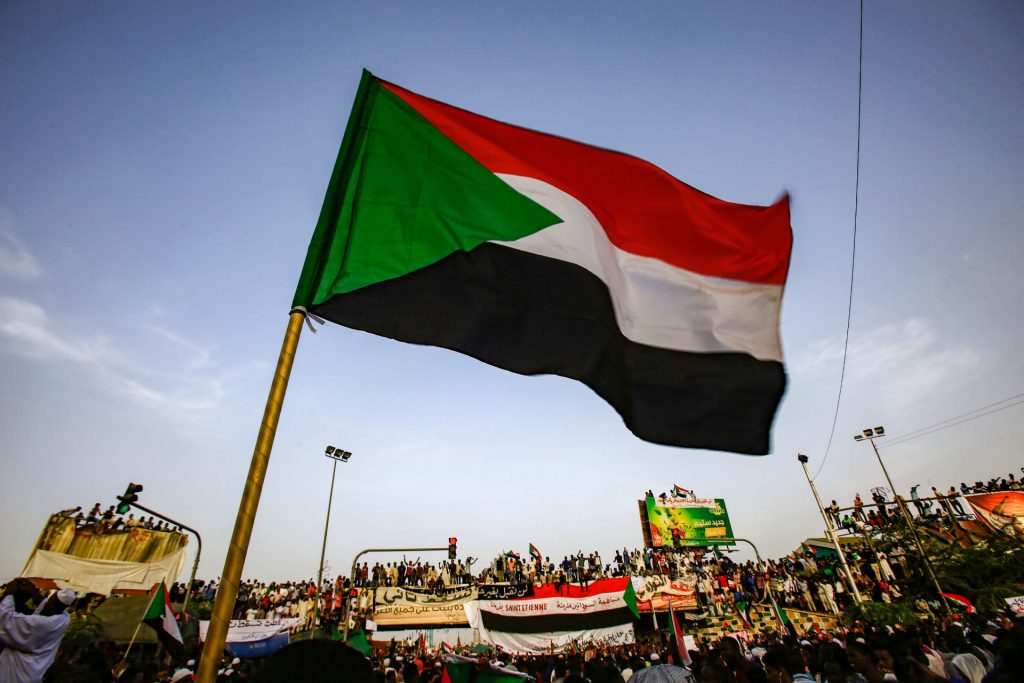National Unity and Reconciliation as prerequisites for sustainable peace and development in Sudan
Almost sixty-five days have elapsed since the Rapid Support Forces (RSF) rebellion flared in Sudan, resulting in the deaths, injuries, or forced displacement of thousands of Sudanese citizens to other Sudanese states or neighbouring countries. With the country’s entire infrastructure, including hospitals, schools, drinking water, and electricity stations, as well as residential areas in many neighbourhoods, either destroyed or looted, the central government’s civil service has been hampered. While in western Darfur, the RSF has committed grave violations that have culminated in a kind of ethnic cleansing.
These horrendous RSF violations have resulted in great suffering and subjugation for the Sudanese, which entails quick responses after the cessation of clashes due to the final defeat of the malignant rebels and the declaration of imminent victory. Consequently, the post-rebellion government is entitled to focus on restructuring the country’s social, economic, and political fabric and bringing about national reconciliation, which is not an option at this stage but a necessity for the nation’s survival.
The path towards comprehensive and inclusive national unity and reconciliation necessitates a government-centric approach, encompassing robust community involvement, robust integration and coordination mechanisms among these efforts, and, most importantly, the availability of monitoring and evaluation tools to effectively monitor their implementation.
The lessons learned from the Rwandan case have shown us that efforts to achieve national unity and reconciliation should be more innovative and rooted in societal integrated approaches, as opposed to several previous peace agreements, particularly the Comprehensive Peace Agreement (CPA), which focused its implementation on wealth and power sharing.
Constitutional and legal reforms, as well as socio-economic welfare programs, are among the most effective methods for achieving inclusive national unity and reconciliation. Contrary to this, the lessons learned from Rwanda have demonstrated that the persistence of certain community attitudes and behaviours, such as conflict (genocide) ideology, ethnic stereotyping, psychological and physical wounds that remain unhealed, poverty, and a lack of restitution policies, will impede the process towards reconciliation and the restoration of human dignity. It is a fact that the events in Rwanda were genocide, which is a distinct circumstance from the situation in Sudan, where an insurgency and an attempted coup were undertaken by the RSF. Nevertheless, the nature of the ensuing violations committed by RSF personnel revealed that the conflict has deep-seated causes, particularly regarding the events in west Darfur, which were influenced by ethnic factors. Furthermore, the looting of normal Sudanese people’s houses reflects the in-depth interest of the perpetrators in retaliation against the rich people of Khartoum, as they claimed. Another argument that underscores the crucial need for national unity and reconciliation is that the rebellion of the RSF should not be viewed as a separation from the political division and polarization that have characterized Sudan since its independence. The availability of a platform that will allow Sudanese, especially youth from various political and social groups, to exchange their views on national unity, reconciliation, and other social and development issues in a process of national dialogue is crucial; it is also crucial that such a national dialogue be strengthened if preceded by the voluntary repatriation of the refugees from neighbouring countries. The promotion of national unity and reconciliation necessitates the integration of all armed forces, including the remnants of the RSF, into the Sudanese Armed Forces to prevent future occurrences of this rebellion and military coups. Furthermore, the adoption of national policies and institutions aimed at enhancing national unity and reconciliation in the country is crucial, as are constitutional, legal, and educational reforms that promote the same reconciliation objectives. Moreover, to prevent polarization between political ideologies, these efforts will be undertaken by national independent experts’ committees and institutions.
Experiences from all over the world have demonstrated that poverty reduction initiatives are fundamental to any reconciliation efforts, along with other programmes designed to protect the most vulnerable groups of people, such as orphans, people living with disabilities, widows, elderly people, and the poor.
To conclude, it’s evident that such mechanisms aiming at fostering national unity and reconciliation would typically be time-consuming and heavily dependent on the international community’s support, be it in financial or technical aspects. Therefore, the significance of international organizations, donors, regional organizations such as the AU, IGAD, OIC, as well as Sudan’s neighbours, is paramount in facilitating this transition. The greater the utilization of home-grown ideas, the greater the ownership of these mechanisms will be by the Sudanese people, and consequently, the more successful and sustainable reconciliation process we will achieve.
By: Ali Mohamed Ahmed Osman Mohamed
Charge d’affaires
Embassy of the Republic of Sudan- Tokyo
